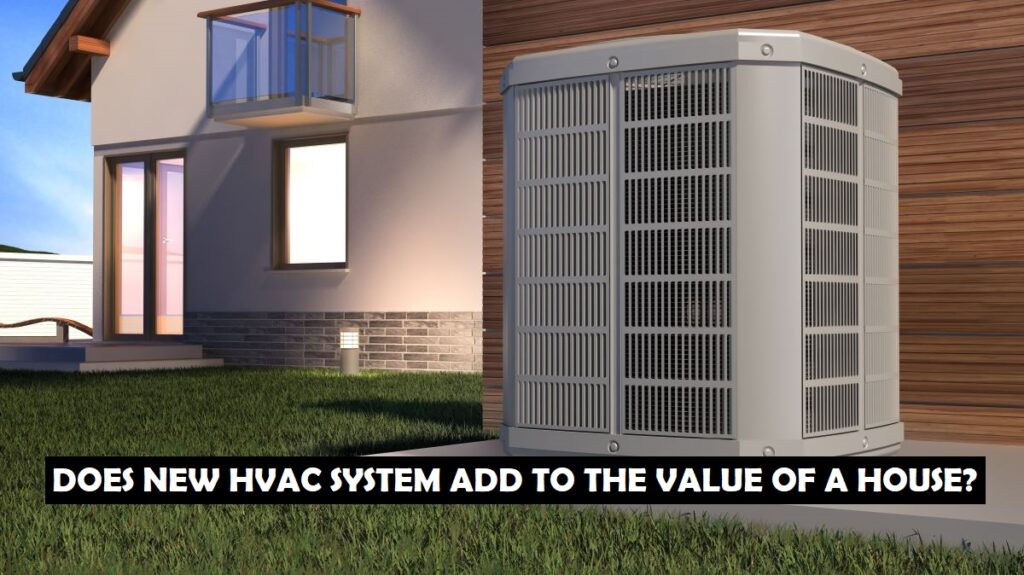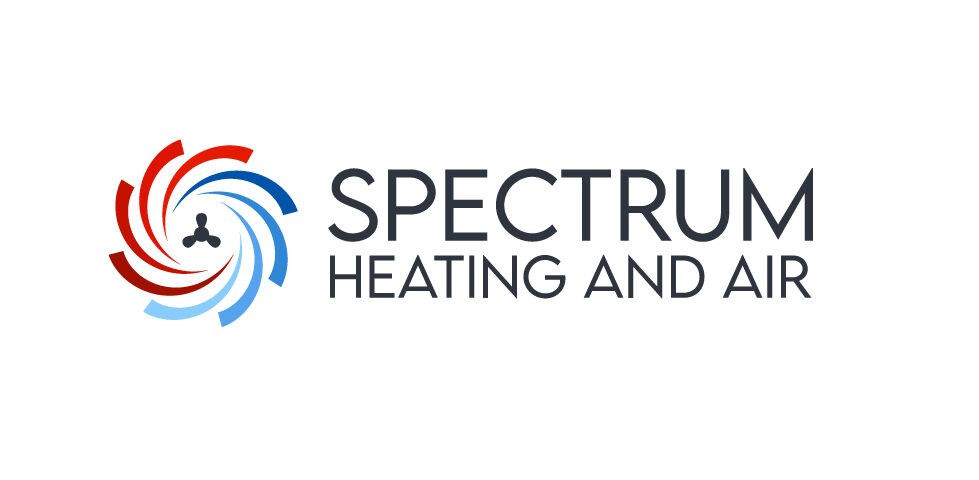When it comes to our homes, we all want to ensure comfort, energy efficiency, and a pleasant living environment. One critical component that plays a significant role in achieving these goals is the HVAC (Heating, Ventilation, and Air Conditioning) system. An efficient HVAC system not only provides comfort but also impacts the overall value of a house. In this article, we will explore how much a new HVAC system can add to the value of a house and why it is essential to consider this aspect when making home improvements.

Components of an HVAC System
The main components of an HVAC system include:
- Furnace or Heat Pump: Provides heating during colder months.
- Air Conditioner: Cools indoor air during warmer months.
- Thermostat: Controls and regulates the temperature.
- Ductwork: Distributes conditioned air throughout the house.
- Ventilation System: Ensures a continuous supply of fresh air.
- Air Filters: Improves indoor air quality by trapping pollutants.
The Importance of HVAC Systems in a House
Comfort and Indoor Air Quality
One of the primary reasons for having an efficient HVAC system is to maintain comfort throughout the year. In extreme weather conditions, a properly functioning HVAC system can make all the difference in ensuring a pleasant living space. Additionally, HVAC plays a vital role in maintaining indoor air quality, which is crucial for the health and well-being of the occupants.
Energy Efficiency
Modern HVAC systems are designed to be energy-efficient, consuming less energy to produce the desired heating and cooling effects. This not only reduces utility bills but also makes the house more appealing to potential buyers.
Resale Value
The HVAC system’s condition can significantly impact a home’s resale value. Prospective buyers are more likely to pay a premium for a house with a new, high-performing HVAC system that offers the benefits of comfort, energy efficiency, and improved indoor air quality.
How HVAC Systems Affect the Value of a House
Energy Efficiency Ratings
Energy efficiency ratings, such as SEER (Seasonal Energy Efficiency Ratio) for air conditioners and AFUE (Annual Fuel Utilization Efficiency) for furnaces, play a crucial role in determining the HVAC system’s impact on a house’s value. Higher efficiency ratings indicate lower energy consumption and increased savings for the homeowner.
Age and Condition of the System
An old and poorly maintained HVAC system can deter potential buyers, as it may lead to higher energy bills and increased repair costs. On the other hand, a relatively new and well-maintained system can add value to the house.
Proper Sizing and Performance
An HVAC system must be appropriately sized to match the house’s requirements. An undersized system will struggle to maintain comfort, while an oversized one can lead to inefficiencies and increased energy consumption. Proper sizing and optimal system performance contribute positively to a home’s value.
HVAC Upgrades and Home Value
Replacing an Old HVAC System
If your current HVAC system is old and inefficient, investing in a new system can be a wise decision. Not only will it add value to your home, but it will also provide you with better comfort and cost savings in the long run.
Adding Energy-Efficient Features
Upgrading your HVAC system with energy-efficient features, such as a smart thermostat or a zoned system, can further enhance its appeal to potential buyers. These features not only offer convenience but also contribute to reduced energy consumption.
Return on Investment (ROI) for HVAC Upgrades
Homeowners often wonder about the ROI of investing in a new HVAC system. While the exact ROI may vary depending on factors such as location and the type of HVAC system installed, it is generally considered a worthwhile investment. The increased energy efficiency and added comfort can make the house more attractive to buyers, potentially leading to a higher selling price.
Factors to Consider Before Installing a New HVAC System
Before installing a new HVAC system, several factors should be taken into account:
Climate and Weather Conditions
The climate in your region plays a crucial role in determining the type and size of HVAC system that suits your needs. Colder regions may require a more robust heating system, while hotter regions may prioritize efficient air conditioning.
House Size and Layout
The size of your house and its layout will impact the HVAC system’s sizing and design. Consulting with a professional HVAC contractor can help you choose the best system for your specific requirements.
Budget and Financing Options
Replacing or upgrading an HVAC system can be a significant investment. Consider your budget and explore financing options available to make the project more manageable.
Investing in a new HVAC system can significantly enhance the value of a house while providing improved comfort and energy efficiency. A well-maintained and properly functioning HVAC system is an attractive feature for potential buyers and can contribute to a faster and more lucrative sale. When considering home improvements, upgrading or installing a new HVAC system should be a top priority for homeowners looking to increase their property’s value and enjoy a more comfortable living space.




